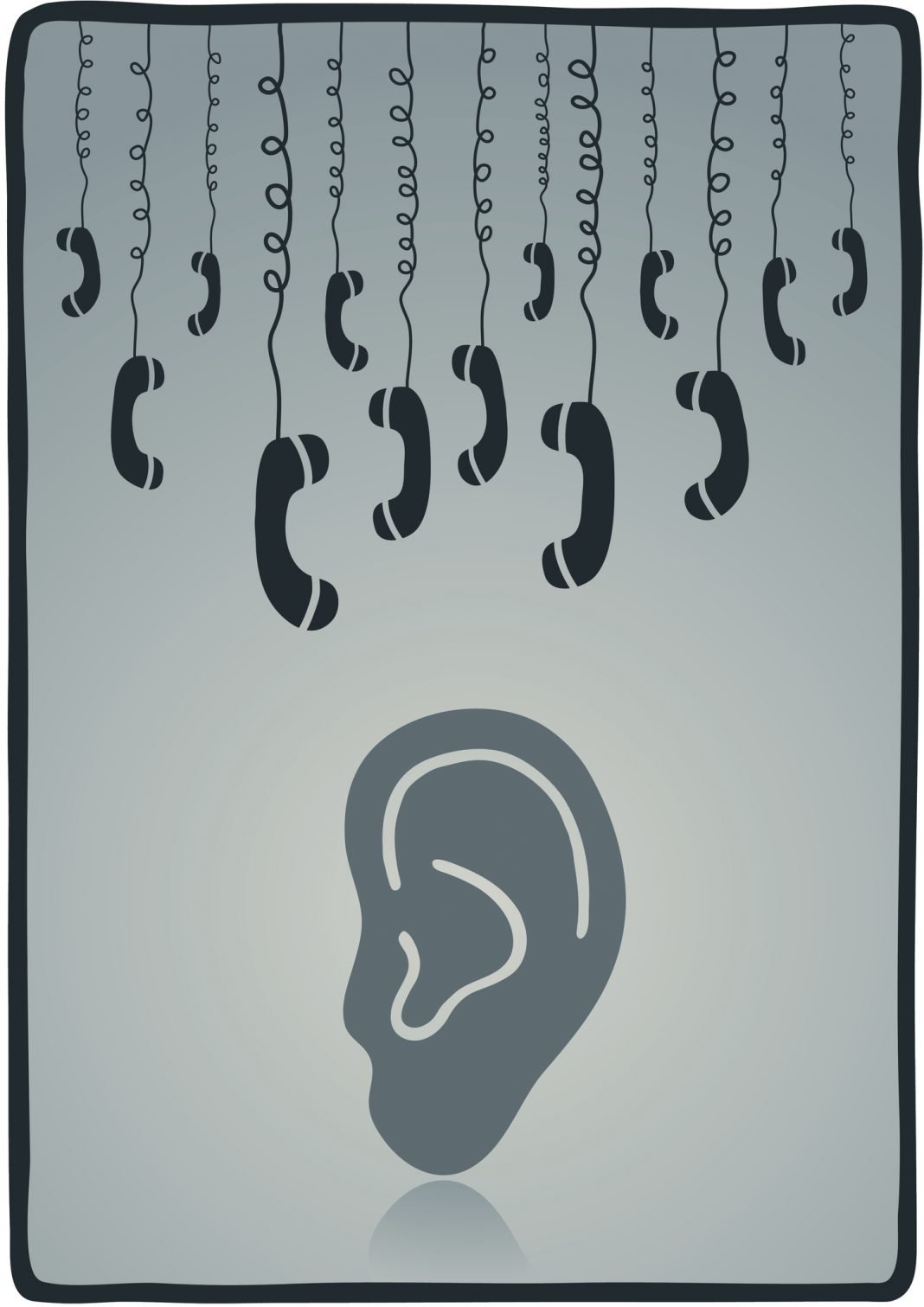
The internet stirred earlier this week about the meaning of the word “Covfefe”—generated, one could guess, when the president fell asleep mid-tweet, phone in hand. But a more important Trump cell phone issue got far less attention.
The Associated Press reported that Trump is giving out his cell phone number to world leaders so they can call him directly. Not only is this highly unusual, it creates plenty of security risks—not to mention public records issues.
Earlier, marketing expert Pesach “Pace” Lattin had noted that Trump—at least sometimes—appears to leave location tagging on, pointing as evidence to a tweet, sent during the president’s recent international trip, which was tagged with the location “from Taormina, Italy.”
“Trump has location tagging on. That is a huge security risk. Means his phone’s GPS is on,” Lattin tweeted.
(Other tweets don’t seem to share location, so perhaps the president turns location on and off for effect; still, who among us hasn’t screwed up such privacy settings?)
The location information, combined with the wide sharing of the device’s phone number, creates serious risks, says Jeff Bardin, chief intelligence officer for security firm Treadstone71.
“(The phone) will be directly monitored for all calls, texts, URLs visited, apps used, and fully exposed to foreign intelligence agencies for tracking,” Bardin said. One can assume the number has been widely shared through intelligence agencies. Foreign governments could determine the phone’s location and probably access data and messages on the device.
It’s possible the phone could be “impersonated,” or cloned, so every message or call directed at Trump’s phone also would be sent to the clone.
Eavesdropping possible
It also could be used to listen in on Trump’s conversations. There have been numerous stories chronicling malicious software that turns on the microphone of a smartphone, even if the gadget is off, turning the gadget into a perfect bugging device. CNN has reported that the National Security Agency, indeed, can do this.
The location issue is even more sensitive, Bardin said. An enemy who could pinpoint the president’s precise coordinates would have crucial information for doing him harm.
Lattin, also a security expert who once helped set up a Secret Service security task force, says Trump’s insistence on tweeting creates a wide field of concerns.
“Trump’s obsessive use of Twitter is not only a danger to himself, but to others,” he said. “Twitter is a notoriously poorly written program, first of all, and add to it that he is obviously using his phone with GPS on, there is a plethora of issues. I can’t imagine the U.S. Secret Service is happy with him insisting on carrying this with him at all times.”
Not standard protocol
Of course, it’s reasonable to think that foreign intelligence agencies already had Trump’s number and other device-identifying details, and could commit this kind of espionage with Trump’s alleged oversharing. It seems imprudent to make their job any easier, however.
There also are political considerations. Trump using his own phone—as opposed to official channels—to communicate with world leaders cuts out all standard protocols. It’s unclear how such conversations would be stored for posterity or made subject to public records requests.
It is understandable that a president looking to maintain tried-and-true communication methods would be reluctant to change styles after election, however. For an example, one needs only to look back one president.
Eight years ago, then President-elect Barack Obama went through a highly public squabble with U.S. intelligence agencies to keep access to his trusty Blackberry gadget. At one point, he said of his security team, “They’re going to pry it out of my hands.”
Ultimately, the two sides compromised, and Obama received a modified, limited-used Blackberry that reportedly had tight controls on messages going in and out. But as late as 2015, Obama said he wasn’t allowed to have a smartphone that could pick up audio (He finally got one during his final year in office.)
“I can’t use phones with recorders in them. So a lot of the new fangled stuff, for security reasons, I don’t get,” he said on the Jimmy Kimmel TV show then.
This article originally appeared on ThirdCertainty.com and was written by Bob Sullivan.










